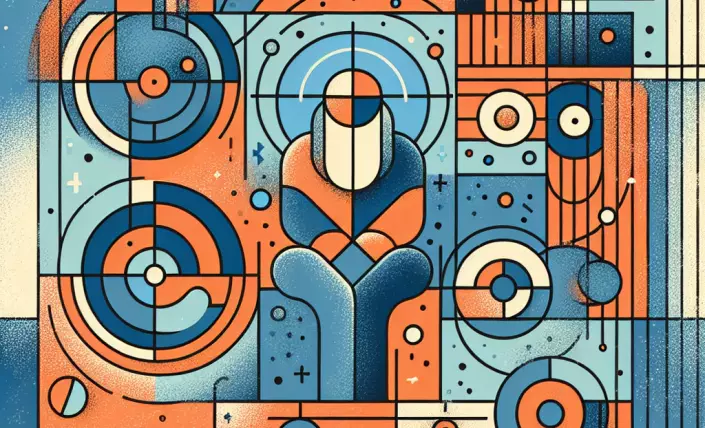In the realm of modern discourse, the allure of utopian promises often captivates the imagination, suggesting a world where societal problems vanish under the sweep of idealistic solutions. However, a closer examination reveals that such visions can obscure fundamental truths about human nature and the complexities of societal structures. Thomas Sowell, a profound thinker in the realm of economic and social philosophy, challenges us to reconsider these notions, urging a return to a more pragmatic understanding of human behavior and institutional limitations.
Sowell's critique of utopian thinking stems from his deep understanding of constrained and unconstrained visions. The unconstrained vision, epitomized by the belief that human nature is malleable and perfectible, often underpins utopian ideologies. This perspective assumes that with the right social structures and policies, humanity can overcome its inherent flaws. However, Sowell argues that such a view is overly simplistic and ignores the complex web of incentives and constraints that govern human actions. He posits that our nature, far from being infinitely adaptable, is bound by limitations that shape individual and collective behavior. Recognizing these constraints does not imply a cynical view of humanity but rather an acknowledgment of the challenges we must navigate in crafting effective policies and institutions.
Sowell's emphasis on the constrained vision highlights the importance of understanding trade-offs in decision-making processes. In a world of finite resources and competing interests, every choice entails a cost. This perspective encourages a critical examination of policy proposals, urging us to weigh potential benefits against inevitable drawbacks. By acknowledging trade-offs, we cultivate a more nuanced approach to societal challenges, one that seeks pragmatic solutions grounded in empirical realities rather than idealistic aspirations. This perspective is particularly relevant in contemporary discussions around economic policies, social justice, and governance, where the allure of simple solutions often obscures the complexity of the issues at hand.
Ultimately, Sowell's insights invite us to embrace a philosophy of humility in our understanding of human nature and societal dynamics. By acknowledging our limitations and the constraints inherent in our world, we cultivate a more realistic and sustainable approach to progress. This does not mean abandoning the pursuit of betterment but rather tempering our aspirations with a recognition of the complexity and trade-offs involved. In doing so, we align our efforts with the realities of the human condition, fostering a society that is not perfect but continually striving toward improvement within the bounds of what is achievable.










